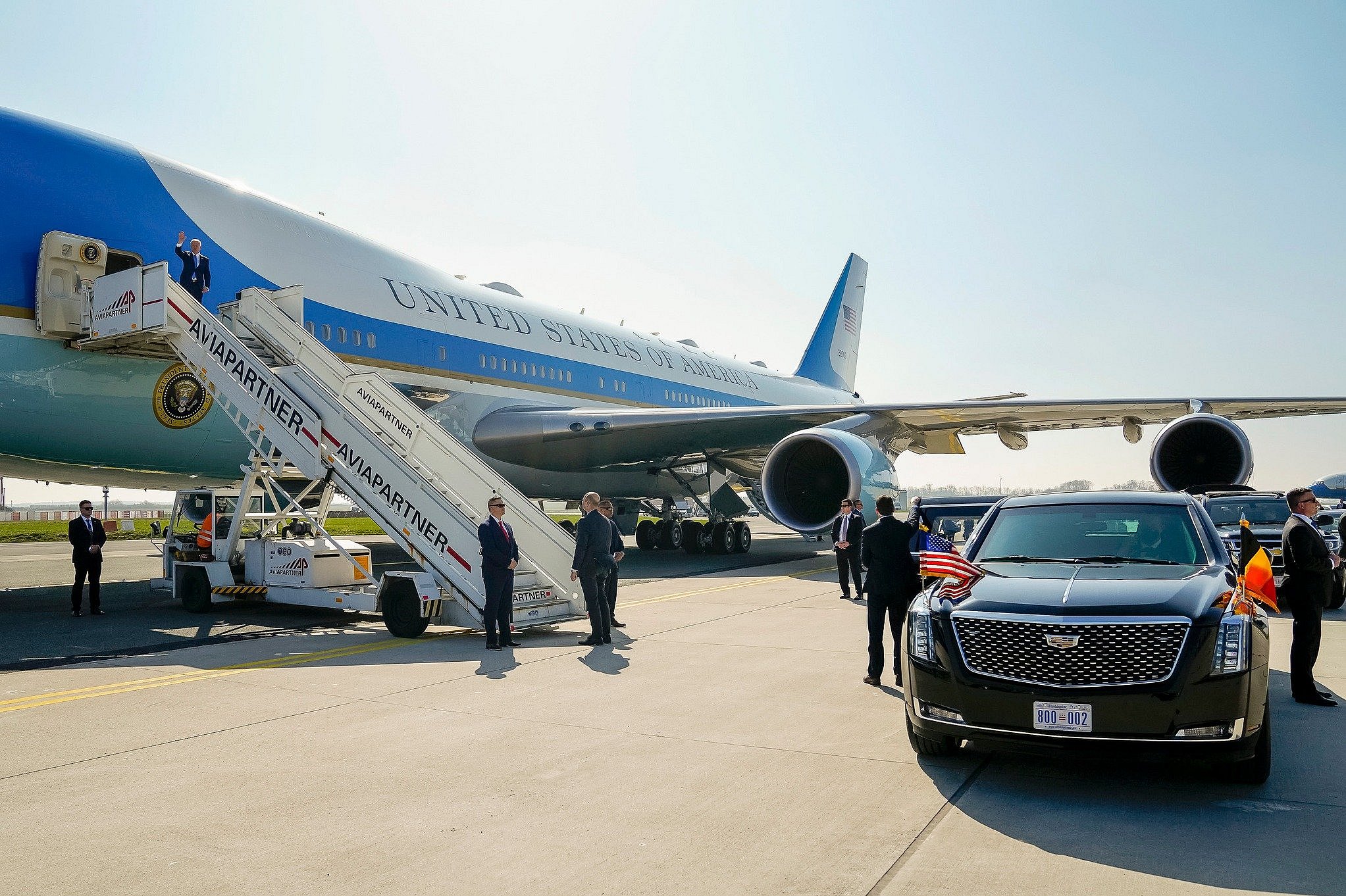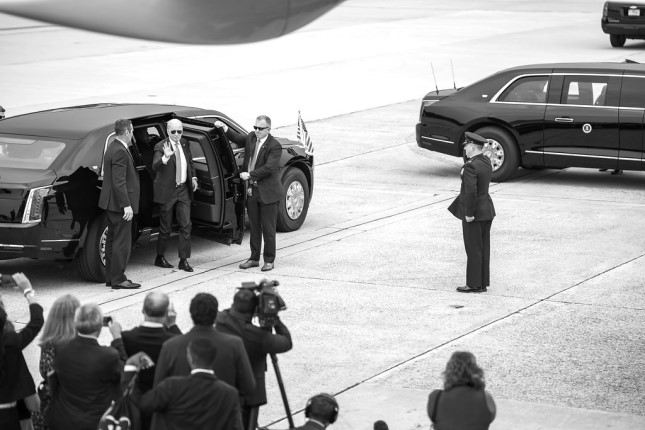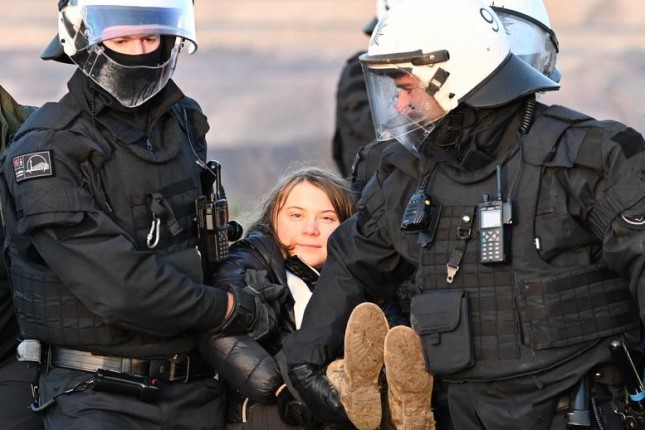The U.S. House of Representatives this week rejected a bipartisan amendment to the 2024 military spending bill that would have prohibited the transfer of cluster munitions — which are banned under a treaty ratified by more than 100 nations but not the United States — to any country.
The House voted 160-269 on the amendment to next year’s National Defense Authorization Act co-sponsored by Reps. Sarah Jacobs (D-CA), Matt Gaetz (R-FL), Ilhan Omar (D-MN), Pramila Jayapal (D-WA) and Jim McGovern (D-MA). Seventy-five Democrats voted for the measure, while 137 voted “no”; 85 GOP lawmakers approved the amendment while 132 opposed it.
The vote took place less than a week after U.S. President Joe Biden said the United States would send more cluster munitions to Ukraine.
“Many of us have this idea of American exceptionalism, that America is set apart from the rest of the world. Well, that’s certainly true when it comes to cluster munitions and not in the way that we want,” Jacobs said on the House floor before Wednesday’s vote.
“America is an outlier. We are one of the few countries that hasn’t become party to the Convention on Cluster Munitions, and that is a grave mistake,” she asserted, referring to a landmark 2008 treaty, to which 112 nations are parties.
Jacobs continued: “These weapons maim and kill indiscriminately. In 2021, the Landmine and Cluster Munition Monitor found that over 97% of casualties from cluster bomb remnants were civilians, and two-thirds of those were children. That’s because these bomblets are small, colorful, and interesting shapes, so to children they look like toys. So when kids find these unexploded bomblets stuck in trees, or in the water, or simply on the ground and try to pick them up and play with them, they could lose a limb or their life in the blink of an eye…. These weapons are unpredictable, and the human cost is far too high to justify.”
Since the end of the Vietnam War half a century ago, unexploded cluster munitions have killed approximately 20,000 civilians in Laos, where the U.S. dropped more bombs than all sides in World War II combined. The U.S. rained as many as 270 million cluster bombs on Laos, and less than 1 percent of the unexploded bomblets have been cleared since. They are still killing civilians today.
“These cluster bombs are indiscriminate,” Gaetz said on the House floor Wednesday. “They’ve killed tens of thousands of people… and when this is all done, we’ll be right back here on the floor appropriating money to de-mine the cluster bombs that we’re now sending, which seems ludicrous to me.”

Gaetz at an event in Phoenix in 2022. Photo: Gage Skidmore / Flickr / CC BY-SA 2.0 DEED.
Since Vietnam, the U.S. has used cluster bombs in wars including the 1999 NATO air campaign against Yugoslavia; the 1991 Desert Storm war in Iraq and Kuwait; and in Afghanistan, Iraq, and Yemen during the so-called War on Terror. U.S. cluster munitions have been linked to birth defects, miscarriages, cancers and other ailments.
Earlier this year, the U.S. began sending artillery-fired cluster munitions to Ukraine. Russian and Ukrainian forces have both killed and wounded soldiers and civilians with cluster bombs during the war.
“The decision by the Biden administration to transfer cluster munitions to Ukraine in my opinion was unnecessary and a sad mistake,” U.S. Rep. Betty McCollum told her House colleagues Wednesday. “The legacy of U.S. cluster munitions… undermines our moral authority and places the U.S. in a position that directly contradicts 23 of our NATO allies who have joined the Convention on Cluster Munitions.”
“The legacy of cluster bombs is misery, death, and expensive cleanup after generations of use,” McCollum added. “These weapons should be eliminated from our stockpiles.”
Last week, Biden informed Ukrainian President Volodymyr Zelensky that the United States will provide Kyiv with long-range missiles with cluster munition warheads.
“Let’s be clear,” Jacobs added. “This isn’t about one country, this is not about Ukraine. This is about protecting civilian lives and ensuring our national security all over the world. Because sending these weapons anywhere makes us complicit in unavoidable civilian harm and creates blowback that undermines our national security.”
Photo: Men in 2009 talking and showing cluster bombs in Laos, where unexploded cluster bombs continue to endanger civilians © M M / Flickr / Flickr / CC BY-SA 2.0 DEED.
Source: Consortium News.
































